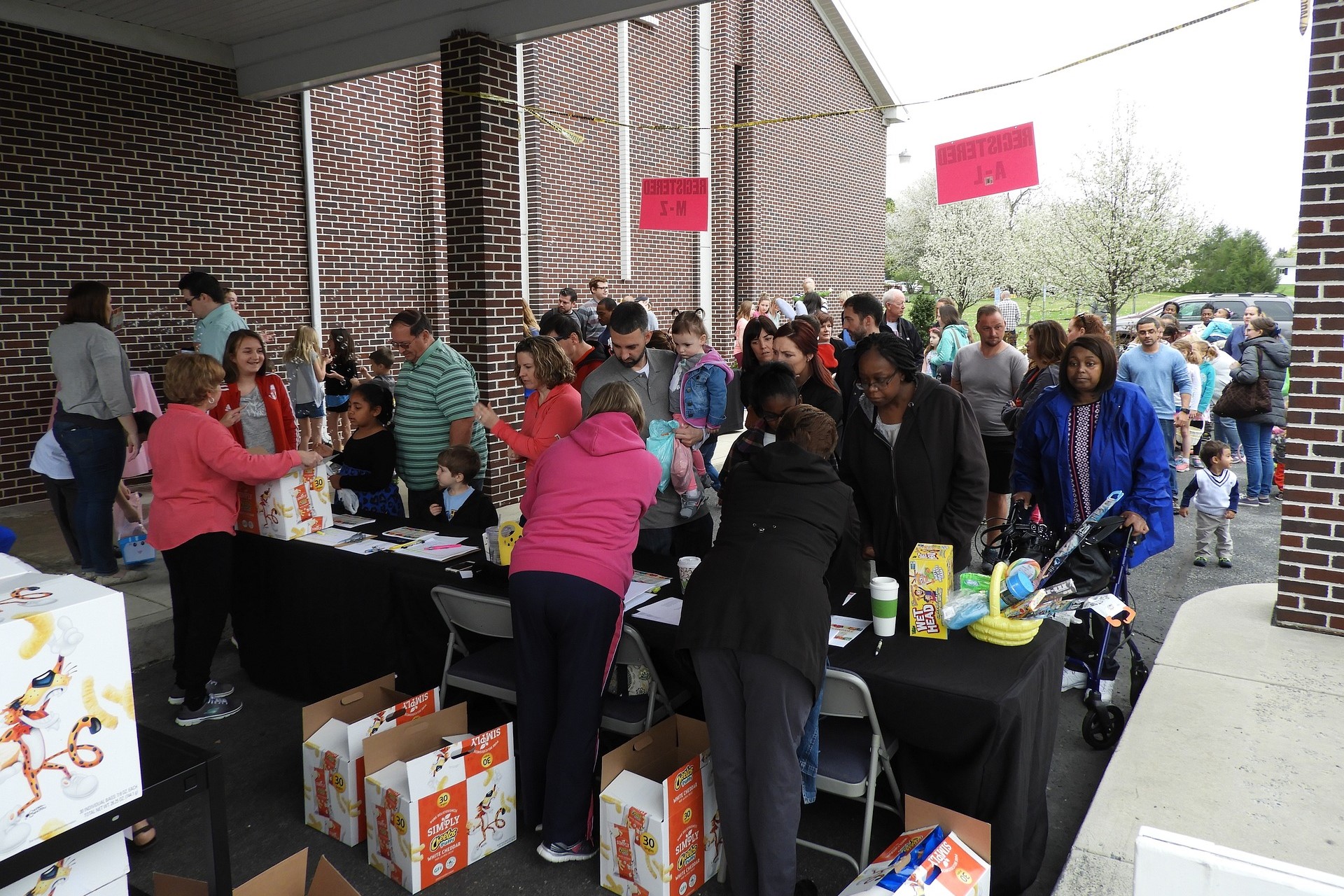Strengthening Bonds Through Service
Community service plays a vital role in the lives of middle and high school students, offering more than just an opportunity to give back. Engaging in volunteer work allows students to build stronger connections with their peers, mentors, and various members of their community. These relationships can significantly enrich their lives, providing a sense of belonging and support that can last well beyond their school years.
When students volunteer at local nonprofits, they often find themselves working alongside their peers who share similar interests and values. This shared purpose creates an environment where friendships can flourish. For example, if a group of students spends a Saturday afternoon at a food bank, sorting donations and preparing meals, they not only accomplish a meaningful task but also bond over the experience. Laughter, teamwork, and the satisfaction of making a difference foster connections that can evolve into lasting friendships.
Moreover, volunteering can also provide students with access to mentors who can guide them in their personal and academic lives. Many organizations rely on seasoned volunteers who are often eager to share their experiences and insights. Students can learn invaluable lessons from these mentors, who can offer advice on various life challenges, career paths, and academic pursuits. The interactions that take place during community service create a platform for meaningful dialogue, allowing students to ask questions and seek guidance in a supportive setting. This relationship-building can enhance students’ confidence, motivating them to pursue their goals with newfound determination.
In addition to forging friendships and mentor relationships, community service can help students connect with individuals from diverse backgrounds. Whether it’s working with the elderly in a retirement home, tutoring younger children at a local school, or participating in environmental clean-up efforts, students are exposed to a variety of perspectives. This exposure encourages empathy and understanding, essential qualities in a world that often feels divided. By interacting with community members facing different challenges, students gain a broader understanding of societal issues and learn to appreciate the value of different life experiences.
As students immerse themselves in community service projects, they develop a sense of belonging that transcends the walls of their schools. Being part of a community means being involved in shared experiences, which can create a strong sense of identity. For instance, students who volunteer for environmental initiatives often feel a deep connection to their local parks and natural resources, fostering a commitment to protect and preserve them. This sense of belonging can lead to greater civic engagement, inspiring students to take an active role in their communities as they grow into adulthood.
Additionally, the skills developed through community service can enhance students’ future prospects. Working collaboratively on projects cultivates teamwork and communication skills, while problem-solving in real-life situations hones critical thinking abilities. These experiences prepare students not only for future academic endeavors but also for their careers, where interpersonal skills and the ability to connect with others are invaluable. Employers often seek individuals who can work well with a team and build strong relationships, making the skills gained through volunteering particularly relevant.
Engaging in community service also offers students an opportunity to reflect on their values and priorities. Through their volunteer work, they may discover new passions or interests that could influence their career choices. For example, a student who volunteers at an animal shelter might develop a deep love for animal welfare, inspiring them to pursue a career in veterinary medicine or animal rescue. These experiences can shape students’ aspirations, leading them to explore fields that resonate with their personal values and beliefs.
As students build these connections, they create a support network that can prove beneficial in times of need. Whether facing academic challenges or personal struggles, having a circle of friends, mentors, and community members to turn to can make a significant difference. The relationships fostered through community service instill a sense of resilience, reminding students that they are not alone in their journey. This support network can be a source of encouragement, helping them navigate the ups and downs of adolescence.
In conclusion, community service serves as a powerful catalyst for building stronger connections among middle and high school students. Through shared experiences, mentorship opportunities, and interactions with diverse community members, students develop meaningful relationships that enrich their lives. These connections foster a sense of belonging, equip students with valuable skills, and create a support network that lasts long after their school years. As students engage in community service, they not only contribute to their communities but also pave the way for personal growth and lasting friendships. The bonds formed through service can ultimately empower them to become compassionate, engaged citizens, ready to make a difference in the world.

